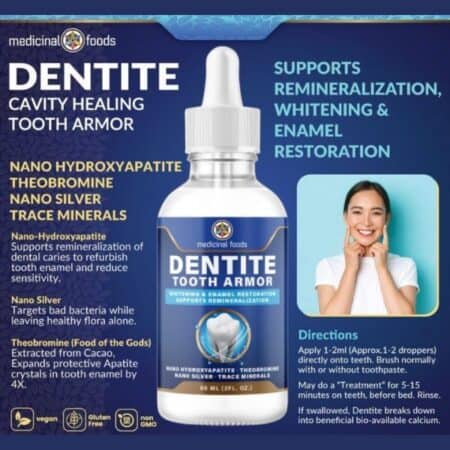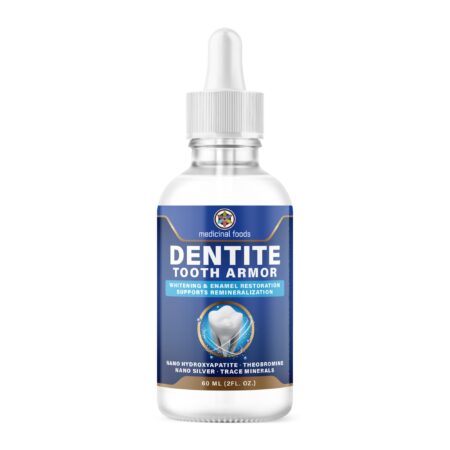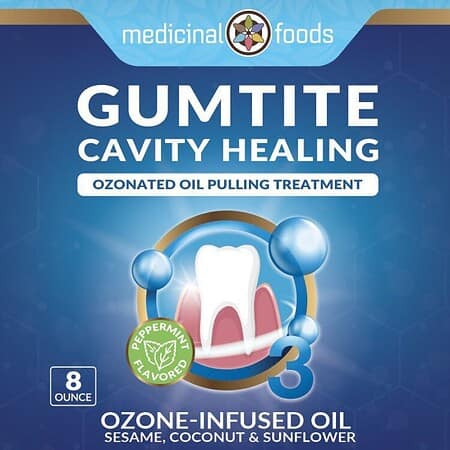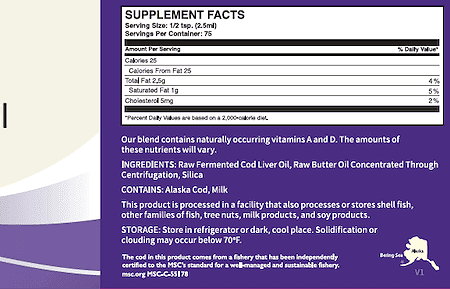If you are asking yourself what are the best probiotics for gut health, this is the article for you.
Bacteria that reside in the digestive system can affect an individual. These are living microorganism that contribute to the health of the host if taken in sufficient quantities, e.g. positively affect digestion and improve the immune system.
Particular attention is also paid to the possibility of survival of such bacteria in food and during passage through the gastrointestinal tract. And of course, their potential therapeutic and/or preventive effect on certain diseases must be proven.
Although it is not possible to say with certainty which strains and in what proportions are ideal, it is generally considered that the diversity of bacteria in our intestines is most important.
A healthy gut is one of the main drivers because it has already been proven that what happens in it plays a crucial role in all our organs. That is why the intestines are called our second brain.
Not only do they have a big impact, but they are also great too. When it expands, it can occupy the entire tennis court, ie cover an area of 400 to 500 square meters.
The intestines have their own immune system called intestinal lymph tissue and which makes up 70 to 80 per cent of the overall immune system in the human body. That says a lot about the importance and sensitivity of our gut.
Along with the skin, there is the main barrier for all foreign bodies and microorganisms.
In addition, it constantly communicates with all other cells of the immune system in the body. If faced with a problematic substance in the gut, it warns the rest of the immune system.
According to Alessio Fasana of Harvard, who gave a lecture on the science of microbiome at a conference in 2014, immune system cells that receive signals from intestinal bacteria are the first to respond to crises.
Intestinal bacteria are therefore extremely important because they keep the immune system awake. It is estimated that between at least 10,000 and as many as 35,000 different types of microorganisms live in the human gut, and most of the microbes are bacteria.
Bacteria there weighs between 1.5 and 2 pounds (about the same as our brains), and as much as half the weight of stool is made up of discarded bacteria.
That is why scientific research is increasingly confirming that microbes in our intestines are separate organs.
Intestinal bacteria are more or less permanent inhabitants of our intestines, some just pass through our intestines, and some form long-lasting colonies.
The balance of bacteria is extremely important, that is, there are enough good bacteria in our intestines to make their effect beneficial.
Long-term imbalance of the intestinal flora leads to intestinal permeability, an imbalance of the intestinal flora and weakened intestinal mucosa that can lead to more frequent infections.
Research on humans and animals has revealed how bad or pathogenic bacteria can cause disease. For example, we know that Helicobacter pylori causes ulcers, and can lead to stomach cancer, but also helps regulate appetite.
Good bacteria tend to reduce the amount and impact of bad bacteria, but they also interact positively with our immune system.
Gut health probiotics
What all affects the imbalance of the intestinal flora?
Vaginal infants have bacterial colonies with predominantly beneficial Lactobacillus bacteria compared to cesarean-born children.
Cesarean-born infants have predominantly potentially harmful Staphylococcus bacteria, a 2010 gene sequencing study showed gene sequencing to profile bacterial types of mothers and their newborns.
Also, children born vaginally, compared to those born by caesarean section, also have higher levels of bifidobacteria, a group of beneficial intestinal bacteria that help the intestinal mucosa mature faster.
And many other studies have shown a clear link between what inhabits the baby’s intestines and what is in the mother’s birth canal, and it has undoubtedly proven that a good intestinal flora in pregnant women has a great impact on children.
While we can’t change the way we were born and how we were initially fed, the good news is that we can influence other risk factors that potentially lead to an imbalance of the intestinal flora.
Excessive use of antibiotics leads to overgrowth of Clostridium Difficile, which causes severe diarrhoea and a life-threatening infection.
A diet low in plant fibre, which serves as fuel for intestinal bacteria, reduces the number of microbial species in our gut. The stress hormone cortisol is associated with our circadian rhythm, and insomnia is a common mood-related symptom.
But it has now also been shown to be linked to the microbiome. New research reveals that many cytokines are important for inducing sleep, and it is intestinal bacteria that stimulate the production of these substances in line with cortisol levels.
More good and quality sleep will reduce cortisol levels and stress levels.
It is important to make sure that there are as many good bacteria as possible. We find them naturally in sauerkraut, yogurt and kefir, kimchi and miso soup.
You won’t go wrong either if you include them in your diet in the form of dietary supplements.
A high degree of natural resistance to steel and bile juices is a guarantee of the ability of bacterial cultures to survive. Products that contain several strains are always better, and in recent times it is possible to examine the number of bacteria you have in your body.
In addition, it can be tested if you have enough good bacteria needed for perfect digestion, or if you lack it.
Bacteria live all around the environment, including us. We all carry about 100 million live bacteria in our gut, which is ten times more than our body has cells.
Many of these bacteria are necessary and useful to us. Bacteria that live in our intestines can be divided into "good" or useful and "bad" or pathogenic.
The balance between good and bad bacteria affects the whole organism.
Beneficial bacteria with their metabolism create unfavourable conditions for the growth of pathogenic microorganisms, help in food metabolism, and also participate in the synthesis of vitamin K and some B vitamins.
Disruption of the number and diversity of intestinal bacteria due to improper diet, stress, illness or long-term consumption of certain drugs (eg antibiotics), leads to disturbances in the course of metabolic processes.
Then our defence system also suffers great damage because more than 80% of our immune cells are located in the intestines.
What is the best probiotic for gut health?
Probiotics are living microorganisms that, applied in the right amount, have positive effects because they lead to an increase of the number of beneficial bacteria in the digestive system.
These beneficial bacteria through various mechanisms (normalization of intestinal microflora, optimization of intestinal motility, competition with pathogens and production of short-chain fatty acids and lactic acid, hydrogen peroxide and other antimicrobial metabolites) suppress the growth and activity of bad bacteria.
The most common commercially available strains belong to different species of the bacterial genera Lactobacillus and Bifidobacterium or the yeast Saccharomyces boulardii.
When choosing a preparation, it is important to pay attention to the composition and number of bacteria present, with preference given to combinations of different strains.
Ranges of active concentrations are from 106 – 1013 CFU (colony forming units), and most often 109 – 1011 CFU(colony forming units). The use of them is most researched in indications related to the digestive system.
Not all of them are equally effective in individual indications, so it is important to choose the strains of bacteria that have the highest level of evidence of efficacy in each indication.
The so-called good bacteria in the intestines process food, but also suppress harmful types of bacteria and viruses and break down toxic substances. A balanced intestinal microflora is essential.
Due to improper diet, stress, taking medications (especially antibiotics) and unhealthy habits like smoking and excessive alcohol consumption, the balance of intestinal microflora is often disturbed. Bring your intestinal microflora into balance with a targeted diet.
Certainly, the most well-known source for the general public is a delicious dairy product.
Studies have shown that they help even alleviate the symptoms of lactose hypersensitivity.
They also help with gas problems, diarrhoea and other digestive problems. It is enough to consume a product that says it contains "active bacterial cultures".
Sauerkraut or raw cabbage is rich in vitamin C. A diet rich in sauerkraut is recommended for people who suffer from gastrointestinal problems and cannot digest dairy products, such as yoghurt.
One of the simplest ways to get them into the body is to consume a certain type of milk, which is fermented with bacteria.
Prepared from fermented soy, Tempeh contains one type of natural antibiotic that helps the body fight certain bacteria.
This Indonesian food is also rich in protein. It tastes great, reminiscent of smoked foods, nuts and mushrooms.
You can marinate it and use it in dishes instead of meat.
Intestinal microflora means all microorganisms that live in the intestinal tract. They work in harmony with the human body by metabolizing nutrients, synthesizing some vitamins, maintaining the immune system and preventing the acceptance of "bad" microorganisms.
After this, you can certainly know what are the best probiotics for gut health.


























